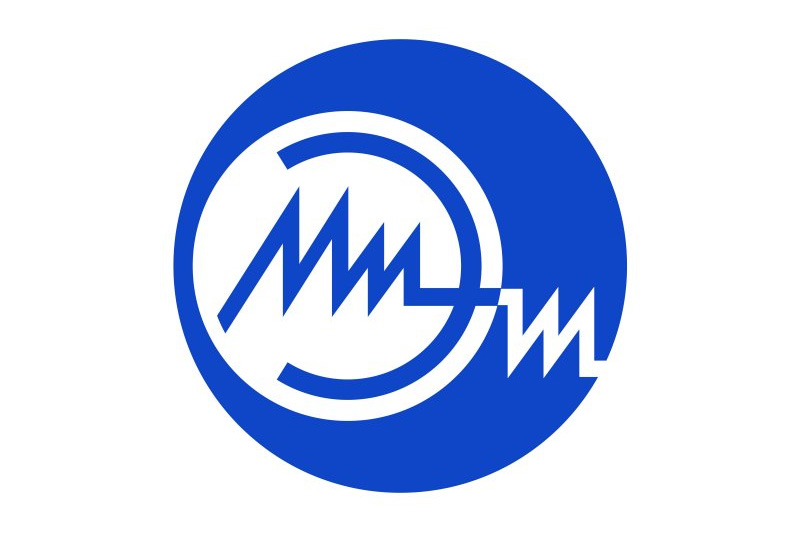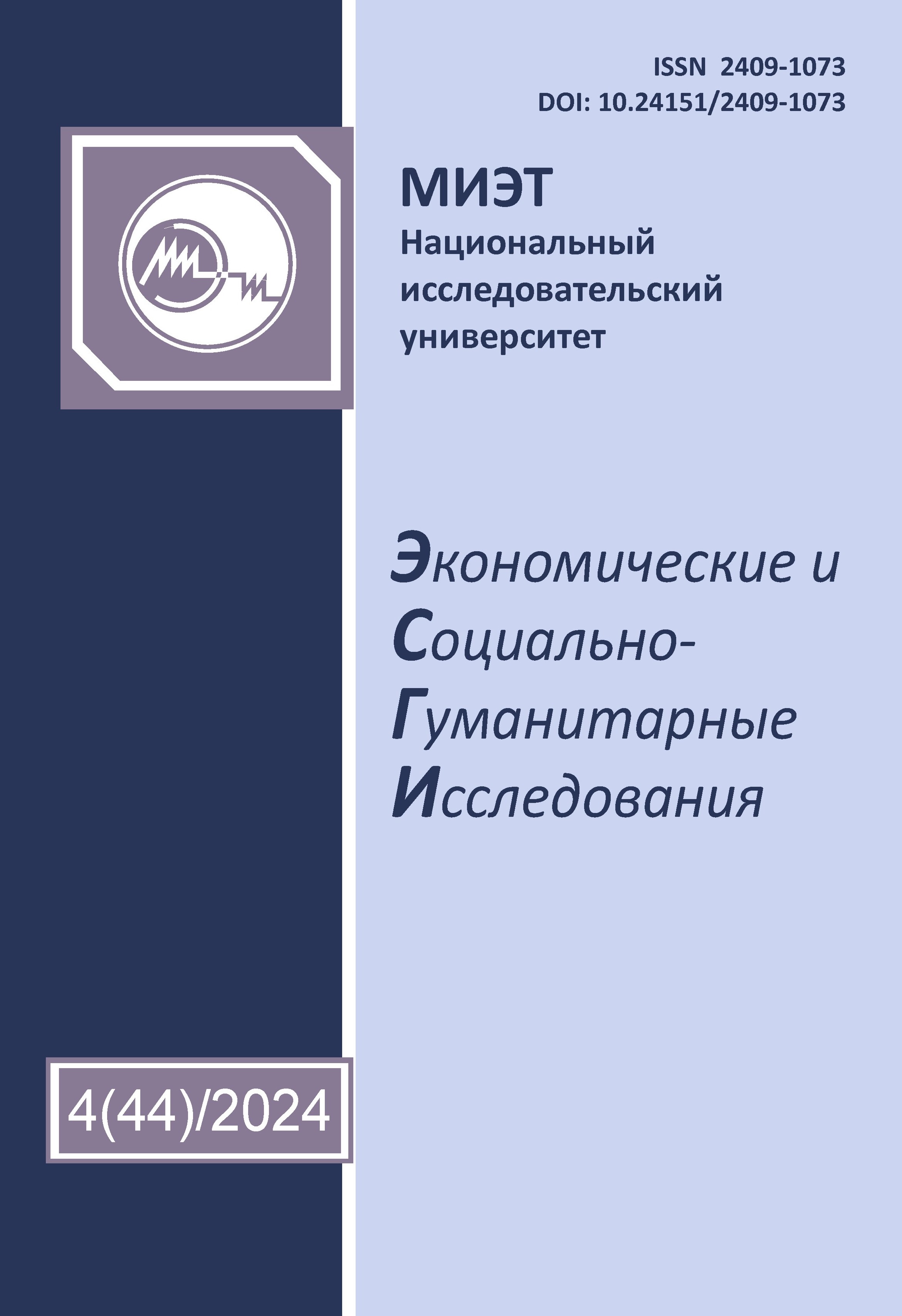graduate student
Russian Federation
UDC 159.923.2
UDC 004.8
The author examines a range of philosophical problems related to the creation of artificial intelligence (AI) equal to human intelligence or superior to it. The classical views on AI, laid down by A. Turing, J. McCarthy and J. Searle, are described. The modern requirements for AI and the scope of its application are listed. Philosophical problems arising from modern methods of machine learning, in particular the transformer architecture, have been formulated. The trends in the understanding of AI that fit into the design of the opposing camps of philosophy are considered: physicalism and socio-historical determinism. The prospects for the development of AI and the resulting ethical problems are described.
artificial intelligence, AI, AI philosophy, consciousness, thinking, neural networks, ChatGPT
1. Avdonin V. S., Silaeva V. L. “New Generation Neural Networks in the Context of Artificial Intelligence Technologies, Philosophy, and Socio-Political Sciences”. Politicheskaya nauka = Political Science (Ru) 4 (2023): 127—154. (In Russian). https://doi.org/10.31249/poln/2023.04.05 EDN: https://elibrary.ru/BEMVEN.
2. Badmaeva M. Kh., Zolkhoeva M. V. “On the Necessity of Socio-Philosophical Analysis of Artificial Intelligence Issues”. Vestnik Buryatskogo gosudarstvennogo universiteta. Filosofiya = Bulletin of Buryat State University. Philosophy 2 (2023): 76—85. (In Russian). https://doi.org/10.18101/1994-0866-2023-2-76-85 EDN: https://elibrary.ru/JNDVEU.
3. Bulychev I. I. “Artificial Intelligence in the Mirror of an Alert Philosophical Discourse”. Vestnik Ivanovskogo gosudarstvennogo universiteta. Seriya: Gumanitarnyye nauki = Ivanovo State University Bulletin. Series: The Humanities 2 (2021): 98—108. (In Russian). https://doi.org/10.46726/H.2021.2.13 EDN: https://elibrary.ru/EYJZVL.
4. Burik M. L. “The Problem of Elementary or the Ultimate Unit of Consciousness as a Basis for Formation of Historical Action” Vestnik Buryatskogo gosudarstvennogo universiteta. Filosofiya = Bulletin of Buryat State University. Philosophy 2 (2023): 32—39. (In Russian). https://doi.org/10.18101/1994-0866-2023-2-32-39 EDN: https://elibrary.ru/DLHGKB.
5. Gavrilina E. A. “Maintaining Academic Integrity at the University in the Age of Technology”. Vedomosti prikladnoy etiki 2 (62) (2023): 96—103. (In Russian). EDN: https://elibrary.ru/QQZNQP.
6. Gutenev M. Yu. “Problem of Artificial Intelligence in the Philosophy of the 20th Century”. Vestnik Chelyabinskoy gosudarstvennoy akademii kul’tury i iskusstv = Herald of the Chelyabinsk State Academy of Culture and Arts 4 (32) (2012): 77—80. (In Russian). EDN: https://elibrary.ru/PKXLAF.
7. Dubrovsky D. I. “The Task of the Creation of Artificial General Intelligence and the Problem of Consciousness”. Filosofskie nauki = Russian Journal of Philosophical Sciences 64.1 (2021): 13—44. (In Russian). https://doi.org/10.30727/0235-1188-2021-64-1-13-44 EDN: https://elibrary.ru/JHRHDC.
8. Ermilov K. A. “Posthuman, Artificial Body and the Limits of Transhumanism”. Acta Eruditorum 37 (2021): 47—50. (In Russian). https://doi.org/10.25991/AE.2021.2.37.002 EDN: https://elibrary.ru/RLVZMB.
9. Il’yenkov E. V. Ideal. Moscow: Kanon-Plyus, 2020. 512 p. Vol. 3 of Sobraniye sochineniy. 8 vols. to date. 2019— .
10. Kazantsev Timur. ChatGPT and the Revolution of Artificial Intelligence. N. p.: Litres, 2023. 155 p. Tekhnologii. (In Russian). Web. 04 June 2023. <https://www.litres.ru/book/timur-kazancev/chat-gpt-i-revoluciya-iskusstvennogo-intellekta-68840337/>.
11. Kolmogorov A. N. “Life and Thinking as Special Forms of Existence of Matter”. O sushchnosti zhizni: collection of articles. Editorial Board: G. M. Frank (publ. ed.) et al. Moscow: Nauka, 1964. 48—57. (In Russian).
12. Cultural Politics: Modern Realia: mezhdunar. konferentsiya. Ed. by A. I. Arnol’dov. Moscow: Inforizdat, 2006. 119 p. (In Russian).
13. La Mettrie, Julien Offray de. L’homme machine. Avec une introd. et des notes de J. Assézat. Paris: Frédéric Henry, 1865. li, 180 p. (In French).
14. Makhamatov T. M. “Philosophy of Artificial Intelligence”. Gumanitarnyye nauki. Vestnik Finansovogo universiteta = Humanities and Social Sciences. Bulletin of the Financial University 9.4 (40) (2019): 52—56. (In Russian). https://doi.org/10.26794/2226-7867-2019-9-4-52-56 EDN: https://elibrary.ru/MLBDZJ.
15. Palamarchuk Oleg T. “Secrets of Human Brain: Philosophical Approach”. Obshchestvo: sotsiologiya, psikhologiya, pedagogika = Society: Sociology, Psychology, Pedagogics 11 (2016): 17—23. (In Russian). EDN: https://elibrary.ru/XBGWON.
16. Popova A. E. “Philosophical Problems of Artificial Intelligence”. Rossiya i mir v istoricheskoy retrospektive: materialy XXIX Mezhdunar. nauch. konf., k 320-letiyu osnovaniya Sankt-Peterburga (SPb., 07 apr. 2023). St. Petersburg: Saint Petersburg State Univ. of Industrial Technologies and Design, 2023. 449—453. (In Russian). EDN: https://elibrary.ru/TIVYNN.
17. Searle John R. “Is the Brain’s Mind a Computer Program?”. Scientific American 262.1 (1990): 26—31. https//doi.org/10.1038/scientificamerican0190-26
18. Thompson Paul. “The Brain Can Not Live by Gene Alone”. Interview by V. A. Chumakov. V mire nauki = Scientific American 1-2 (2016): 136—139. (In Russian).
19. Finn V. K. Artificial Intelligence: Methodology, Applications, Philosophy. Moscow: Krasand, 2011. 448 p. (In Russian).
20. Chistov R. S., Medvedev S. O. “The Position of the Individual in the Modern Information Society”. Rossiyskiy gumanitarnyy zhurnal = Liberal Arts in Russia 12.1 (2023): 29—45. (In Russian). https://doi.org/10.15643/libartrus-2023.1.3 EDN: https://elibrary.ru/MQJVVT.
21. Shatkin M. A. “Socio-Philosophical Aspects of the Development of Generative Artificial Intelligence”. Izv. Sarat. un-ta. Nov. ser. Ser. Filosofiya. Psikhologiya. Pedagogika = Izv. Sarat. Univ. ns Philosophy. Psychology. Pedagogy 23.4 (2023): 414—418. (In Russian). https://doi.org/10.18500/1819-7671-2023-23-4-414-418 EDN: https://elibrary.ru/PBDAAR.
22. McCarthy J., Minsky M. L., Rochester N., Shannon C. E. “A Proposal for the Dartmouth Summer Research Project on Artificial Intelligence, August 31, 1955”. AI Magazine 27.4 (2006): 12—14. https://doi.org/10.1609/aimag.v27i4.1904
23. Andreae John H. An AGI Brain for a Robot. London: Academic Press, 2021. 134 p.
24. Vaswani Ashish, Shazeer Noam, Parmar Niki, Uszkoreit Jakob, Jones Llion, Gomez Aidan N., Kaiser Łukasz, Polosukhin Illia. “Attention Is All You Need”. Proceedings of the 31st International Conference on Neural Information Processing Systems (NIPS’17). Red Hook, NY: Curran Assoc., 2017. 6000—6010.
25. Searle John R. “Minds, Brains, and Programs.” Behavioral and Brain Sciences 3.3 (1980): 417—424. https://doi.org/10.1017/S0140525X00005756
26. Turing A. M. “Computing Machinery and Intelligence”. Epstein R., Roberts G., Beber G., eds. Parsing the Turing Test. Dordrecht: Springer Netherlands, 2009. 23—65. https://doi.org/10.1007/978-1-4020-6710-5_3
27. Zhao L., Zhang L., Wu Z. et al. “When Brain-Inspired AI Meets AGI”. Meta-Radiology 1.1 (2023): 100005. https://doi.org/10.1016/j.metrad.2023.100005







